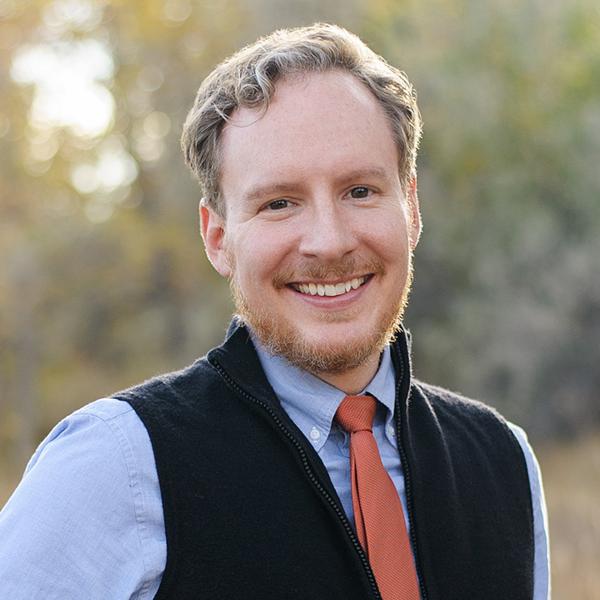In Many Cases, Uninsurance Is Not Like The Flu
Two years ago around this time, I came down with the flu. I had held off on getting a flu shot because I was not one of the priority populations identified during the swine flu epidemic. Then, I neglected to get one once I had the chance. Low and behold, I caught the flu. I was pretty miserable, but thankfully it was temporary and I recovered after a few weeks.
So what does health insurance have to do with the flu? Obviously, having health coverage improves the ability to obtain needed care when one is sick; though beyond that, I have heard a flu analogy used to describe the measurement of insurance coverage.
I’ll explain. Part of my job is examining what the data say about the uninsured in Colorado. We don’t know the exact number of the uninsured, so we rely on surveying a random sample of Coloradans and asking them about their insurance status. Most uninsured estimates that are derived using this method rely on what the respondent indicated at the point of the survey. This approach has occasionally been likened to measuring how many people have the flu at any given time. In other words, lacking coverage may be a temporary situation due to a job transition, or a waiting period to become eligible, or some other reason.
This is not an unreasonable proposition, given that most Americans obtain coverage through their employer. We also know that a proportion of individuals eligible for public programs such as Medicaid often “churn” on and off the program often due to changes in their income, eligibility or other circumstances. The data reveal, however, that most uninsured Coloradans have lacked coverage for an extended period of time. One of the benefits of having a resource such as the Colorado Health Access Survey (CHAS), is that we can ask folks not only whether they are insured or uninsured, but if the latter, how long they’ve been uninsured. Of the estimated 829,000 uninsured Coloradans, almost 80 percent indicated that they had been uninsured for a year or longer. A sizable portion (14%) reported never having health insurance. The results have remained relatively consistent between 2009 and 2011.
The chronic nature of uninsurance in Colorado has important policy implications for everything from expanding coverage to understanding insurance affordability to assisting patients as they navigate through the health care system. CHI is committed to exploring this and other timely questions using the most recent data available. Stay posted. And keep taking that Vitamin C.


